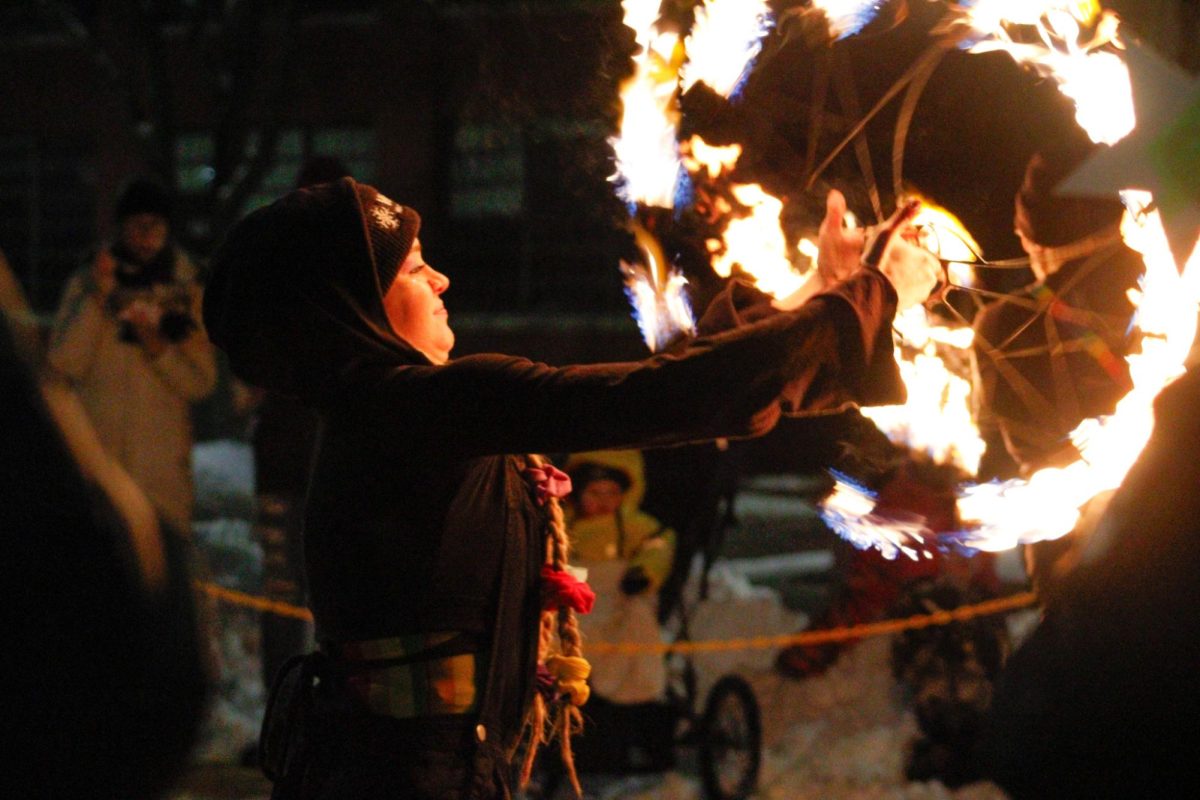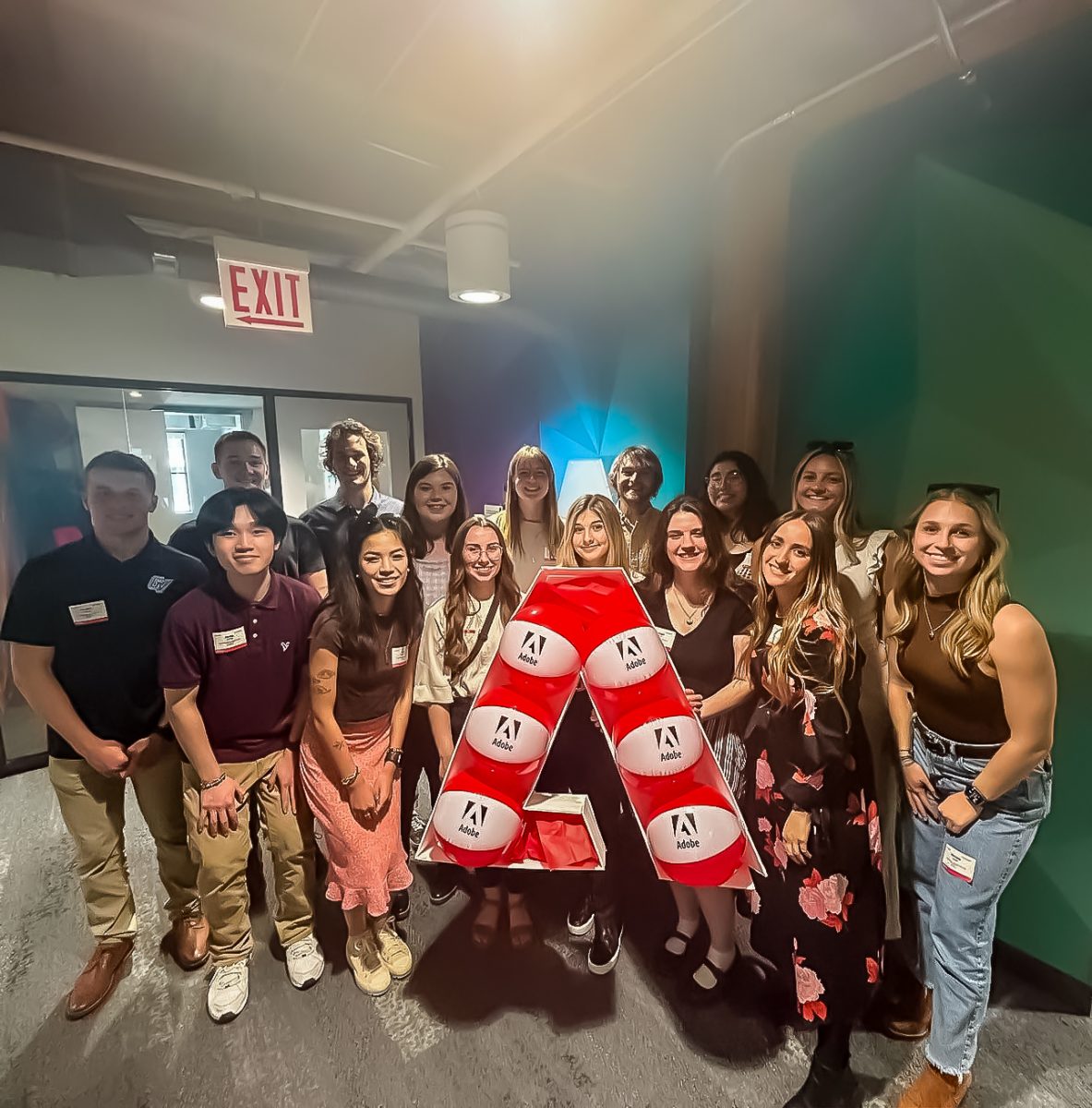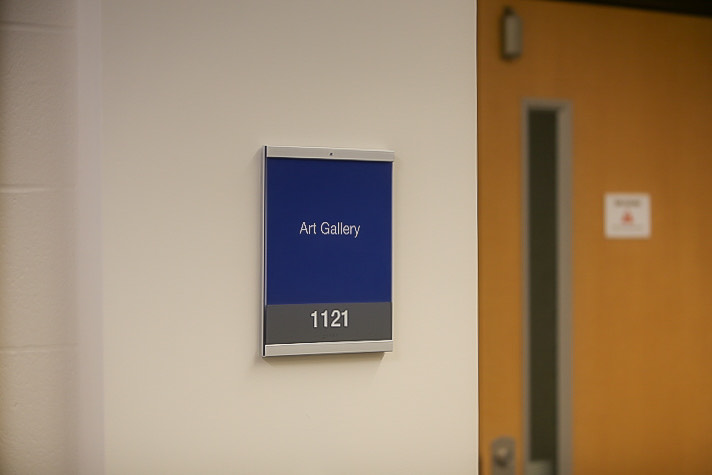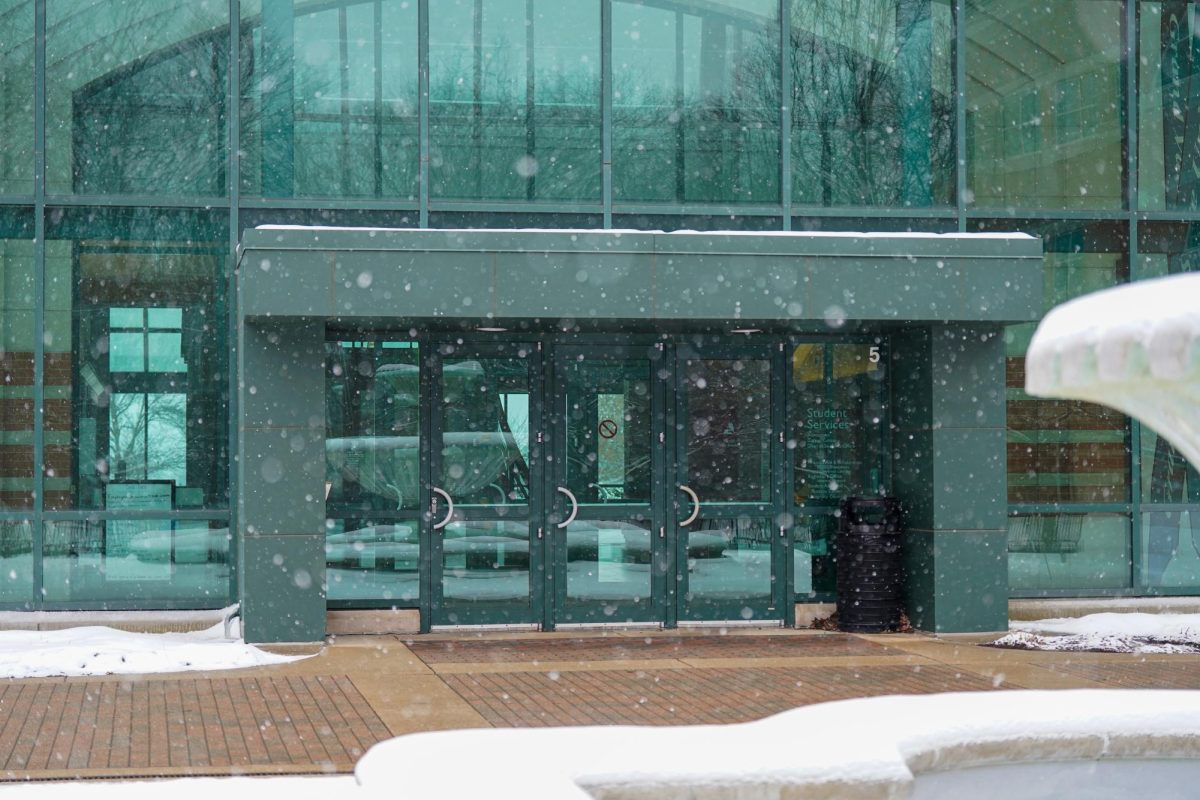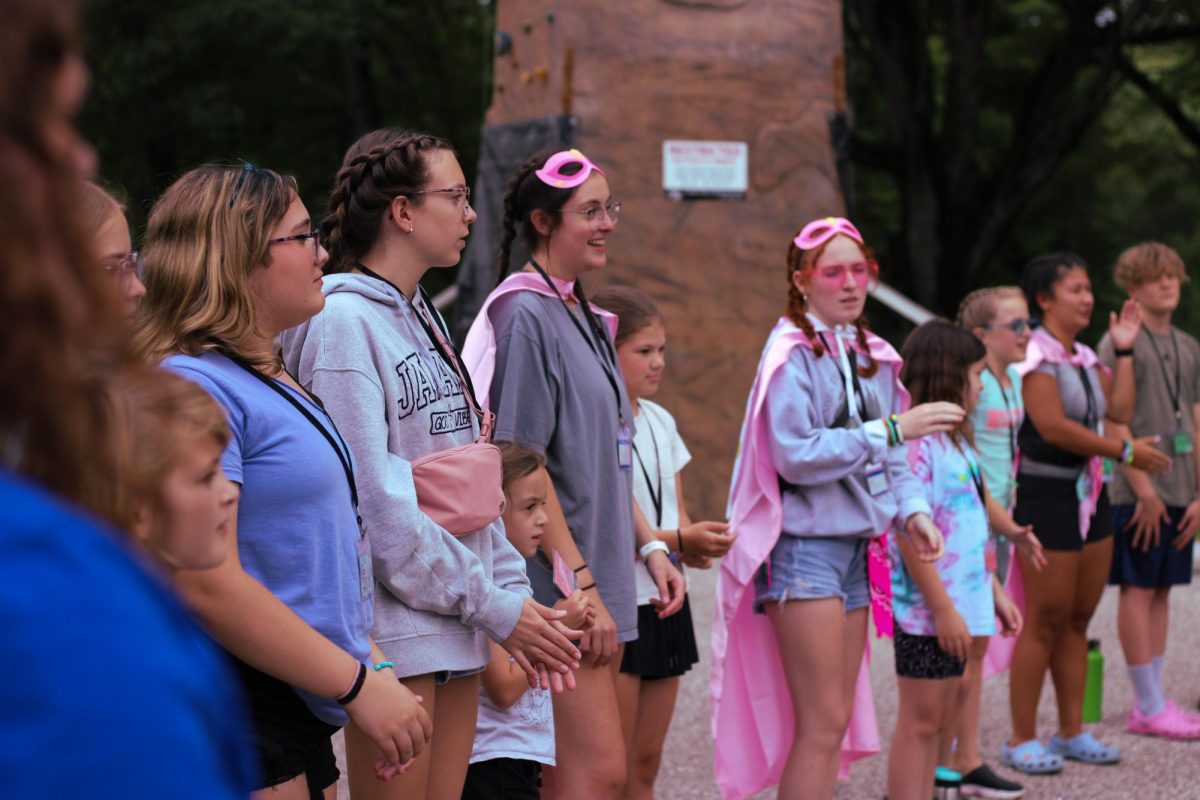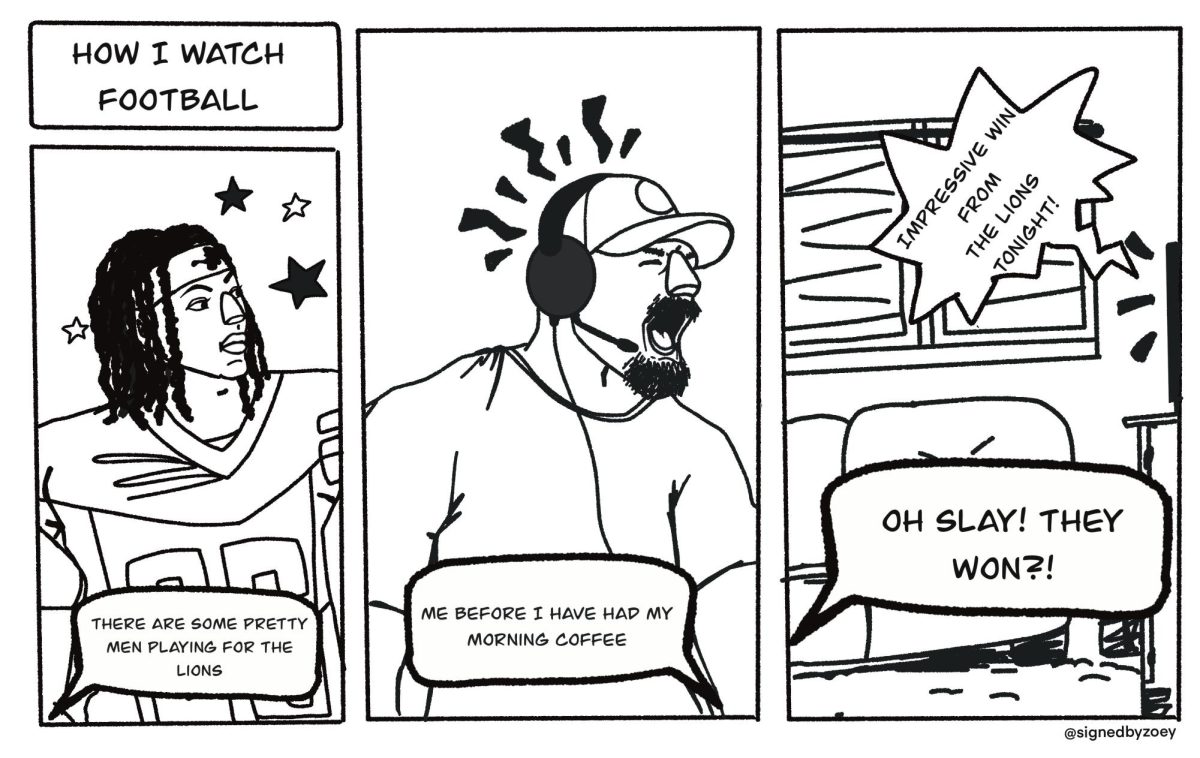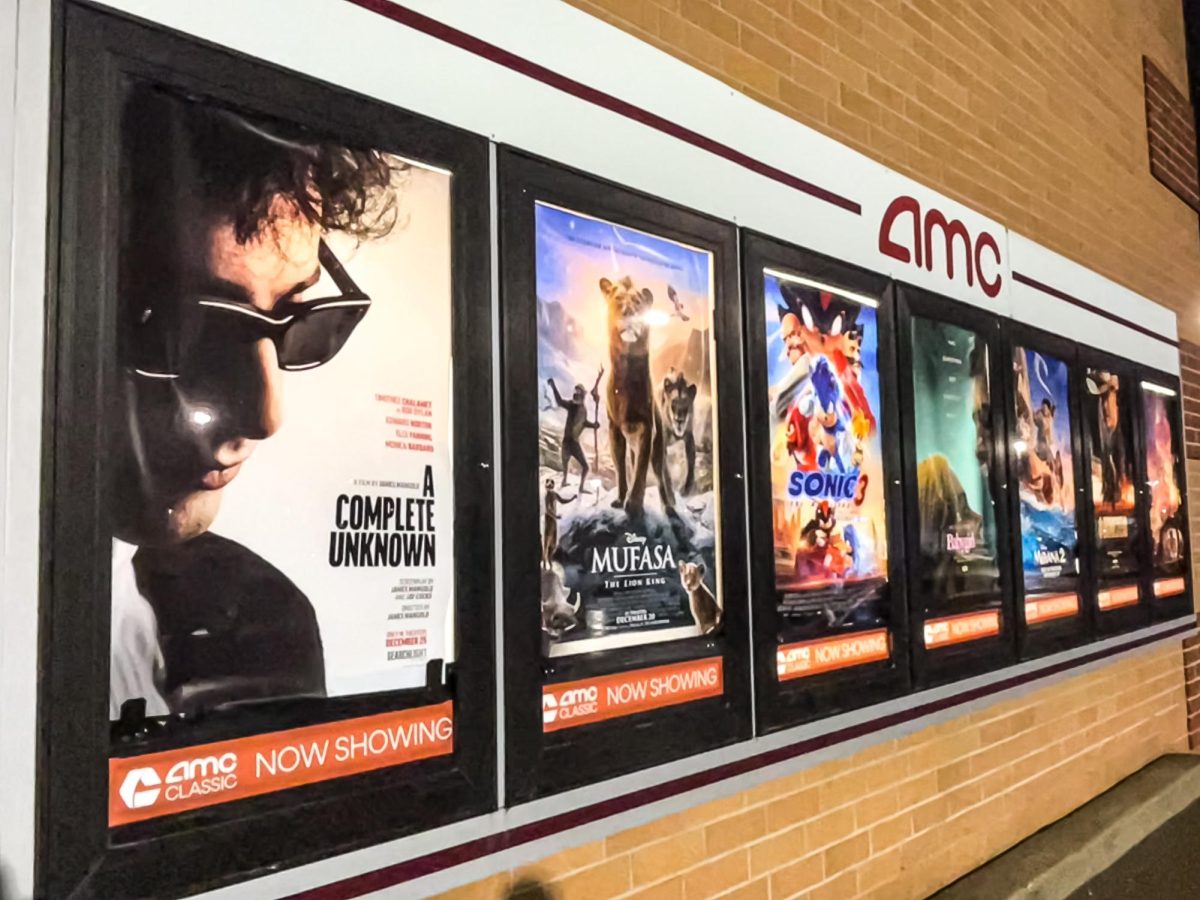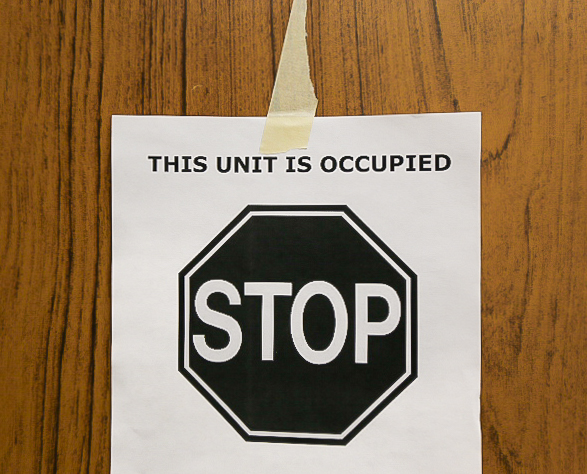Editorial: Why do we sacrifice privacy for content?
Oct 10, 2022
It’s evident that the ongoing prominence of social media in our lives can have detrimental effects on one’s mental health due to lifestyle comparisons, body image problems or overconsumption of negative content. Regardless, our online involvement shapes our lives even if it’s out of our control.
Most social media users are aware that government officials and influential media companies are actively monitoring our digital footprints for security and economic purposes. Studies done by the Pew Research Center have shown that social media users are concerned about their right to privacy and their personal information being shared.
One would like to assume that involvement on social media is up to the individual themselves. However, this assumption is becoming less of a reality as those walking to classes, taking public transportation or going to social events are susceptible to having their actions or image posted by any of the millions of people that have recording devices in their pockets.
This can lead to harmful instances in which a person is falsely accused of doing something or having an action or statement posted out of context that can result in destructive outcomes such as being ‘canceled’ by society.
Granted, there have been instances where this has been used for good. When someone is being accused of a crime or something they did not do, they have the opportunity to now record the situation as a defense rather than relying on an oral account with no concrete evidence.
While it may seem like it does no harm at first, one never knows who the videos may reach. For example, on TikTok, a seemingly insignificant moment of someone’s day can become widespread online and form new meanings influenced by the post. This type of content can also be seen on publications like Barstool.
People who consume this content online view such as a meme or a joke when, in reality, it has the potential to be much more. By posting videos of a stranger and creating a false situation, the person’s reputation is then at risk. People in their daily lives could see such content and think differently about those inadvertently or unknowingly involved. This type of behavior is dehumanizing, transforming human beings into characters in creators’ fake scenarios.
Equally, if the message or video spread is false and goes viral, it’s harder to make an equally disseminated correction to the record. This leads to false conceptions sticking and damages peoples’ reputations in some form.
This idea that anyone can capture a video or photo and have a great influence over our perception of strangers emphasizes the need for the right to privacy. If we recognize the strangers we see every day as real people with real lives, thoughts and emotions, rather than content for clout, we can move to instill humanity into the online world.











